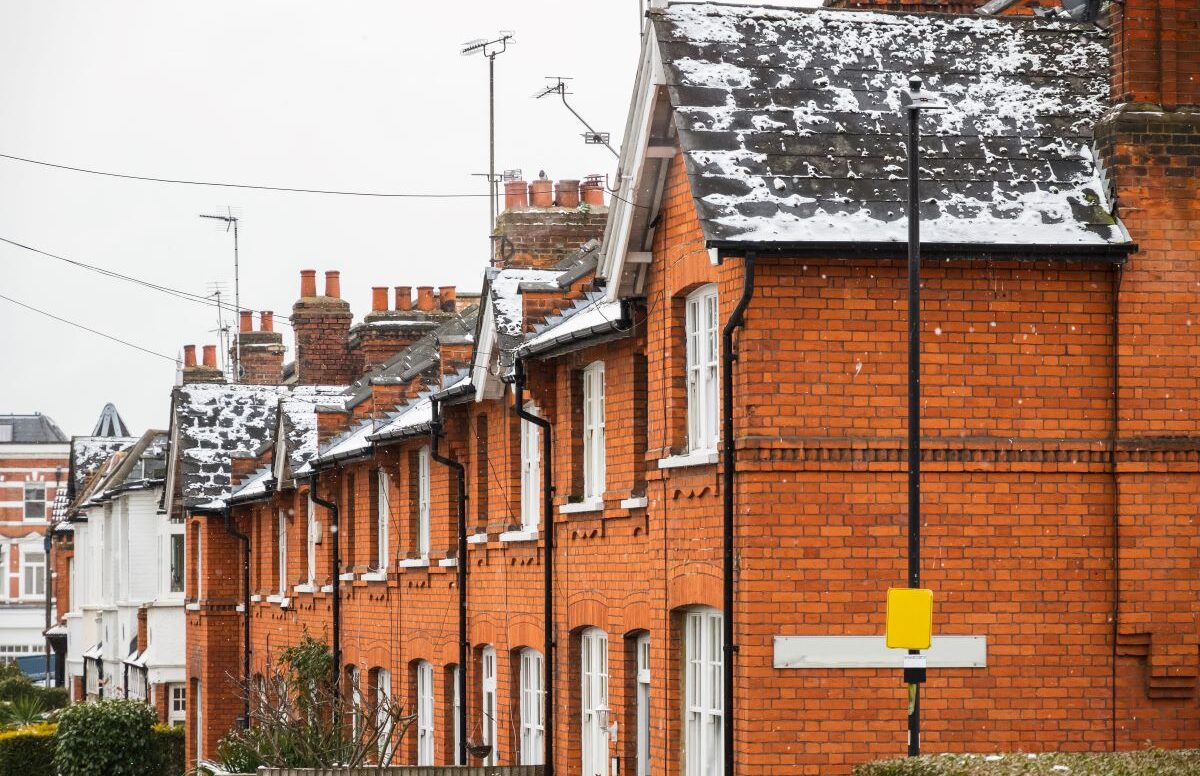HUD Adjusts NSPIRE Procedures for Tenant Input, Safety Mitigation
On June 30, the Department of Housing and Urban Development (HUD) issued an administrative procedures notice (H 2023-07) for the implementation of NSPIRE, HUD’s new housing inspection protocol. The notice covers what to expect before, during, and after an inspection, including key details for LeadingAge senior housing provider members.
Among other details, the administrative procedures notice covers process and operational requirements related to NSPIRE inspections for HUD-assisted communities participating in housing safety inspections, as well as policies for properties submitting evidence of deficiency correction or submitting technical reviews. LeadingAge had urged HUD to adopt sensible policies for issues such as tenant-owned in-unit items evaluated during an inspection, as well as tenant input during the inspection process.
HUD’s publication of the final administrative procedures notice, along with the final NSPIRE standards, and scoring notices, clear the path for NSPIRE implementation. The NSPIRE inspection protocol is effective beginning July 1 for Public Housing and October 1 for most Multifamily Housing providers.
To read LeadingAge’s analysis for HUD’s overarching NSPIRE final rule, click here (updates are forthcoming based on recent HUD publications of NSPIRE scoring and procedures).
Comments for Future Revisions
Although the administrative procedures notice is final, HUD states in the notice that it will continue to consider comments for future revisions. In particular, HUD is seeking comments on the implementation of unit selection changes, where resident councils or other tenant organizations can submit additional unit for unscored review as part of an inspection.
HUD is also accepting comments on a proposal to prohibit properties use of consultants who “shadow” or “monitor” an inspection by accompanying the inspector and property representative through the building.
LeadingAge will work with our members to provide feedback to HUD. To engage with LeadingAge and HUD on NSPIRE feedback, join LeadingAge’s HUD Oversight and Compliance Workgroup by emailing Juliana (jbilowich@leadingage.org).
Key Changes to Inspection Procedures
Inspection Scheduling In the notice, HUD describes the process for scheduling NSPIRE inspections for Multifamily Housing properties that participated in the demonstration and for properties that did not. For the most part, inspections will continue to be scheduled based on the risk-based schedule (3-2-1 years) using previous UPCS scores and prior UPCS or NSPIRE demonstration inspection timing.
However, the notice states that HUD intends to complete NSPIRE inspections of record prior to the end of 2025 for properties that received unofficial inspections under the NSPIRE demonstration program. The agency may adjust regular scheduling practices to accomplish this goal.
Tenant-Owned Items LeadingAge previously urged HUD to consider the impact of defects found on tenant-owned items and appliances on inspection outcomes. In the notice, HUD clarifies that inspectors should not cite tenant-owned items or articles that are not considered components of the unit or inside or outside of HUD housing. For example, a tenant-owned picture with broken glass would not be cited for sharp edges, as that is a resident’s personal property and not part of the unit or its components.
However, REAC inspectors may make an exception and cite certain tenant-owned items in the following examples for:
- Tenant-owned items that affect the performance of a fire safety system or otherwise puts the building at risk
- Tenant-owned appliances and associated electrical and venting components, where that appliance is considered the primary item to meet the affirmative requirements (for example, a tenant-owned refrigerator that is the primary device for safe food storage)
- Tenant-owned items, like an unvented fuel-burning appliance that is in violation of the affirmative requirements under NSPIRE.
Pre-Inspection Information Prior to a planned inspection, a property will be asked to supply certain information to HUD, if applicable. For example, between 30 and 90 days prior to a planned inspection, the property will be contacted, and for the initial NSPIRE inspection, this contact may be as early as 120 days before a planned inspection.
In addition to standard property information, like a property representative and unit count, REAC may request information related to newly added NSPIRE requirements for water safety standards and tenant input in the inspection. For example, a property may need to supply information related to water providers and water safety alerts, as well as contact information for resident councils or tenant organizations.
Tenant Input in the Inspection Under NSPIRE, HUD is prioritizing resident health and safety, including by incorporating resident feedback about the property’s condition into the inspection process. To elevate resident input in the inspection, HUD will provide an electronic mechanism for resident groups (such as residents councils and tenant organizations) to submit up to five additional units for inspection. These units will be in addition to the random unit selection process and will not be scored, unless an additionally submitted unit is also selected by the regular, random unit selection process. Deficiencies found in the five units still need to be addressed under standard timeframes.
LeadingAge is working with HUD to clarify how this process will work, including related to timing of tenant organization outreach and what to do when there is no resident council at a property.
Mitigation Timeframes LeadingAge had previously communicated to REAC that although quickly addressing health hazards is critical for the safety of HUD-assisted communities, a 24-hour fix is not always feasible and in fact may be less effective than a more permanent fix. In the notice, HUD recognizes that to permanently repair some deficiencies, the property may need additional time to acquire a licensed professional or supplies that may not be available in a 24- hour timeframe.
As a result, NSPIRE allows interim repairs that remove a health and safety hazard even though those repairs are not permanent. Interim repairs must be fully repaired within a reasonable timeframe approved by HUD and are not required to be aesthetically pleasing or conforming to other aspects of the building. As long as the interim repair effectively removes the health and safety hazard until full or permanent repair is performed, and if full repair is completed within a HUD-approved timeframe, then the interim repair is acceptable under NSPIRE.
Inspector Requirements In 2024, HUD expects to issue a proposed rule addressing REAC’s oversight of inspection activities. The proposed rule will include required education and experience qualifications, training and testing requirements, and inspector conduct requirements to become certified to perform NSPIRE inspections in HUD-assisted housing.
To support inspections starting in 2023 with the current UPCS-certified inspector workforce, HUD will issue a notice describing recommended inspector training, qualifications, and professional conduct requirements. Until new regulations for inspector administration and certification are issued by HUD, inspectors trained in the NSPIRE standards are not required to be certified. Previous HUD requirements for inspectors, including anti-discrimination and harassment policies, are maintained by HUD.
LeadingAge will continue working with members and HUD through the transition to NSPIRE.

Most Recommended
January 14, 2025
CAST’s Evolution: Reflection on What’s Ahead
February 21, 2025
 Improving Medicare Advantage
Improving Medicare Advantage
Recently Added
February 26, 2025
 DHS Acts to Shorten Temporary Protected Status for Venezuela, Haiti
DHS Acts to Shorten Temporary Protected Status for Venezuela, Haiti
February 25, 2025
Apply Now! Fellowship Recruitment is Under Way
February 21, 2025



